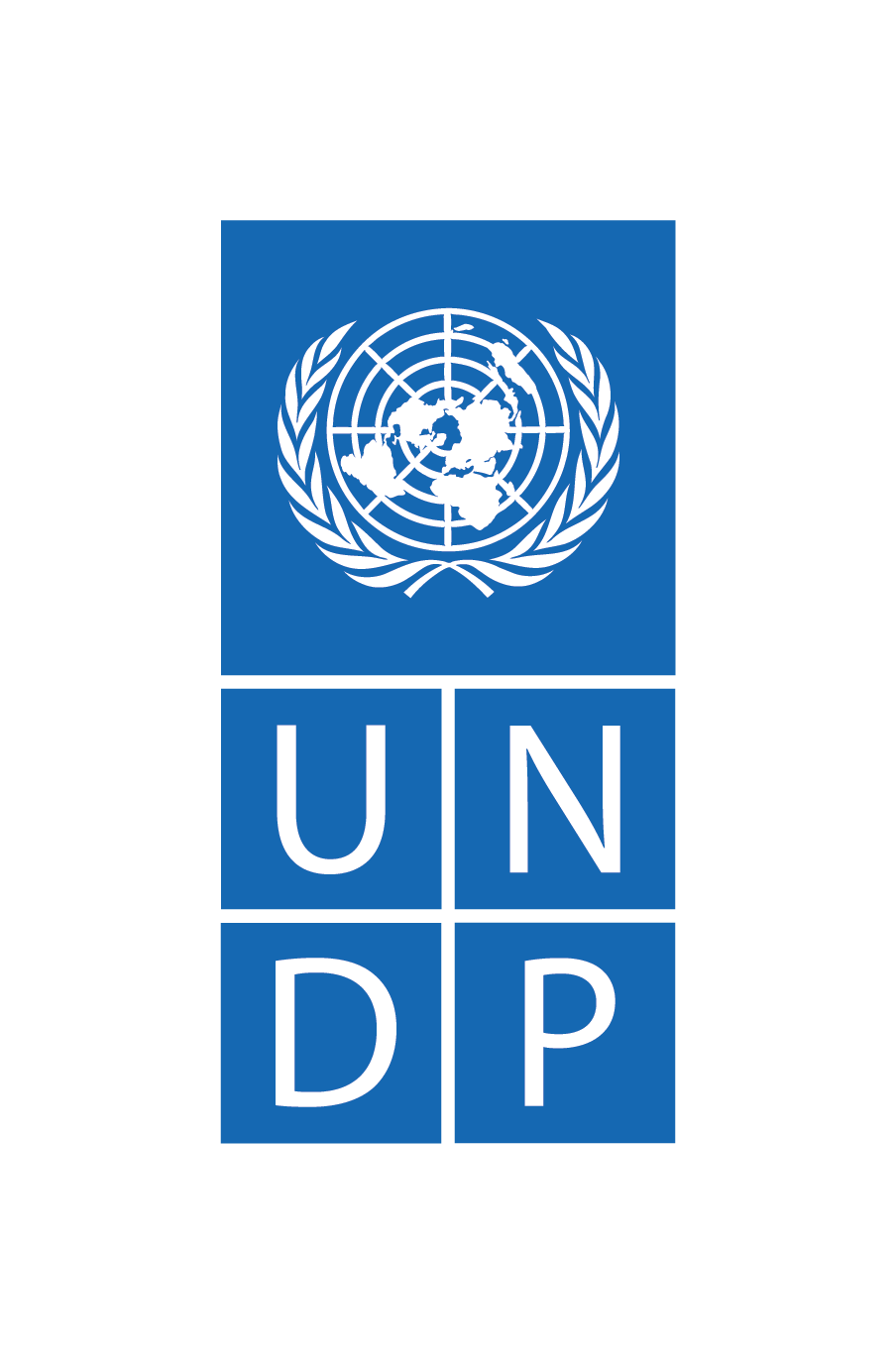Stakeholder review and finalizing the plan
Purpose
The draft plan provides the basis for review by all stakeholders identified during the scoping stage. Stakeholders should review, prioritize and add more detail to the suggested interventions, which will enable relevant timelines, and the final budget to be agreed. The review should also finalize the capacity objectives and indicators and assign responsibilities for monitoring and evaluation of the plan.UNDP’s approach
UNDP facilitates review workshops, bringing together all relevant groups, and provides template agendas to help guide the discussions. It supports the stakeholders in particular through the following actions:
- Assessment verification: the assessment results and the proposed activities should be verified with appropriate stakeholders and partners.
- Prioritize and schedule interventions and finalize the budget: it is important at this stage to prioritize capacity development objectives and activities, given that the available resources may not cover the full plan and that certain activities may be more crucial than others to the achievement of national strategic goals. Following the verification and the prioritization, the budget may need to be revised. Funds for capacity development management activities should be included in the overall budget. This should cover all coordination/management costs, monitoring and evaluation processes, and costs associated with the capacity development of staff.
- Draft the capacity development plan report: it may be helpful at this stage to document the elements of the plan, to share with in-country partners and other donors.
- Sign-off from national leaders: capacity development is nationally owned and the final approval for the plan should lie with the organization(s) being strengthened. The final approval to proceed should be obtained by the senior management of the organization(s) involved.
- Launch the plan: it may be useful to hold a launch of the plan to ensure all relevant stakeholders are aware of the final focus and activities. This also contributes to the buy-in and coordination of the plan. If funds are still required (both financial and human resources) this may be an opportunity to approach donors.
Tools and guidance
Example templates for stakeholder review workshops and capacity development plan budgets are available in the key resources section below.
The following points should be considered when carrying out the stakeholder review and finalizing the capacity development plan.
- A plan is only of use if it is implemented. An important consideration of the stakeholder review is to ensure ongoing ownership and responsibility, to move the plan from the assessment and planning stage to the implementation stage. Implementation will only take place if a majority of stakeholders feel ownership towards the plan’s activities and objectives.
- Supporters and resisters should be considered. In defining a plan of change for any organization, there will be supporters and adversaries; the objective should be to engage both parties in a joint effort to agree on prioritized activities.
- Realistic schedules and timelines should be defined. Consideration should be given to the time required to review by all country stakeholders. In addition, obtaining funding for the plan may also take time. This can delay implementation by six months to a year after the completion of a capacity development plan.
- Donors may be able to offer in-kind resources as well as financial ones. Some donors may be able to offer in-kind support instead of money; this could include providing consultants or technical experts to carry out training or mentoring, or computer hardware or software packages to improve systems.
- Cross-organizational activities can help reduce costs. If multiple organizations are included within the plan, consider identifying cross-organizational activities. Often a capacity need is required by several different implementers. Sharing activities across organizations may help to reduce overall costs; for example, only one set of training tools will be required for multiple training sessions.


